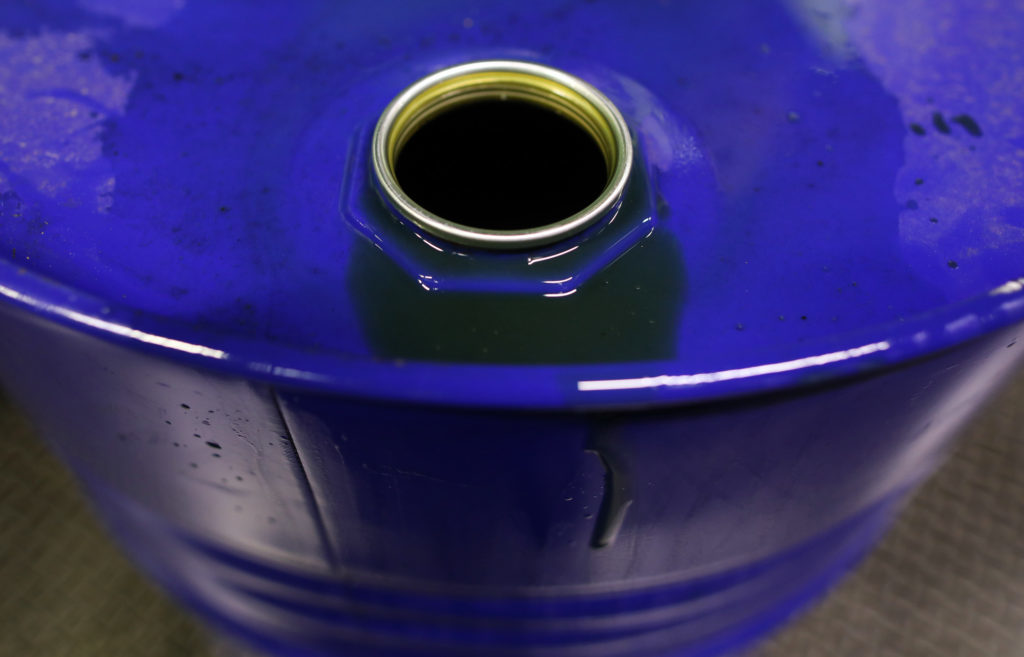
Oil fell after OPEC+ decided to increase output from next month and coronavirus cases in India surged, potentially sapping demand in the world’s third-biggest importer.
West Texas Intermediate and Brent both dropped as much as 2.4%, paring gains on Thursday, the last day of trading due to a holiday on Friday. OPEC+ opted last week to raise production by more than 2 million barrels a day between May and July.
Crude has rallied this year as vaccine rollouts help major economies reopen. The decision by the Organization of Petroleum Exporting Countries and its allies was seen as a vote of confidence in the outlook for energy demand. The U.S. also added more than 900,000 jobs in March, the most in seven months.
Still, while that bodes well for oil demand, significant risks — such as the uptick in Indian cases — attest to a complex global picture.
Saudi Energy Minister Prince Abdulaziz bin Salman said after the OPEC+ decision was announced that the group can still reverse course if necessary at its next meeting on April 28.
“OPEC+ tapering was more of a compromise” than a sign of confidence in the market’s recovery, said Vandana Hari, founder of Vanda Insights in Singapore. A rollover “might have strained the cohesion in the alliance.”
Goldman Sachs Group Inc. remains bullish, saying “a lot more” output will be needed over the northern hemisphere’s summer to make up for rising demand.
Prices
- WTI for May lost 1.8% to $60.35 a barrel on the New York Mercantile Exchange at 10:33 a.m. London.
- Brent for June settlement dropped 1.8% to $63.68 a barrel on the ICE Futures Europe exchange.
- Murban for June delivery traded 2.5% lower at $62.32 a barrel on the ICE Futures Abu Dhabi exchange.
Saudi Arabia on Sunday raised prices for May oil shipments to Asia. Aramco, the state energy firm, will increase its grades to the region by 20 to 50 cents a barrel from April. Most prices for North West European customers won’t be changed, while most grades to the U.S. will be cut by 10 cents.
The move hinted at Saudi Arabia’s confidence in Asian demand recovering further. Even so, new restrictions in India’s financial hub of Mumbai are weighing on oil prices, said Edward Bell, senior director for market economics at Emirates NBD PJSC in Dubai.
“It’s a pretty big risk,” he said. “You could have one of these major economies being pulled out of the demand growth story.”
An acceleration of vaccinations in the U.S. contrasts with setbacks elsewhere. In France, cases have surged due to more contagious variants, forcing a third lockdown. “Crude may be in a stalemate for the time being,” said Hari. “I expect a continuing tug-of-war.”
Brent’s prompt timespread was 36 cents a barrel in backwardation. That’s a bullish pattern — with near-term prices trading at a premium to those further out — and it’s up from 6 cents last Monday.
Recommended for you
